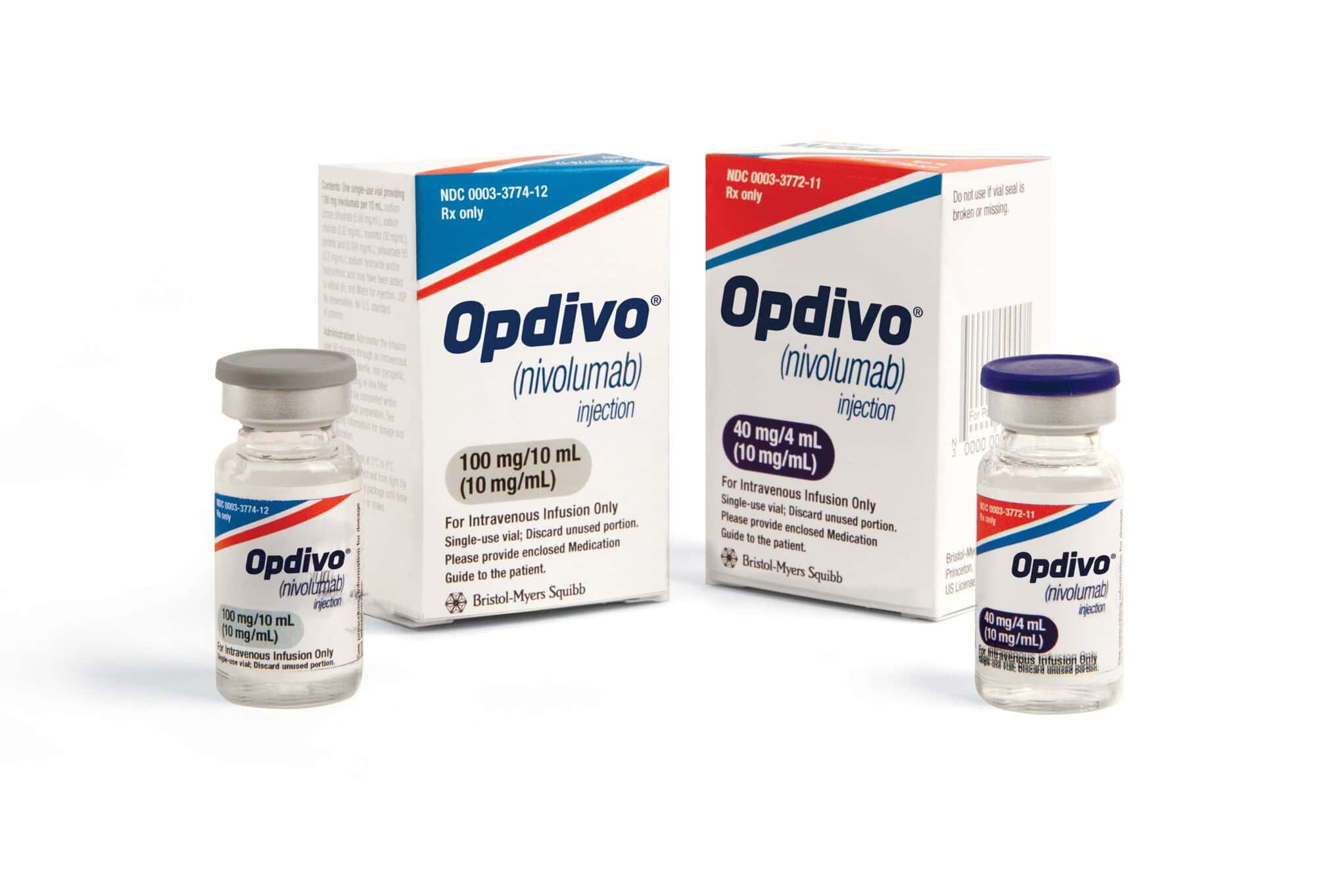
Bristol-Myers Squibb’s (BMS) immuno-oncology blockbuster Opdivo has failed a third straight clinical trial in the hard-to-treat brain cancer glioblastoma multiforme, but it isn’t giving up on the programme just yet.
The phase 3 CheckMate-548 trial tested the addition of Opdivo to the standard first-line treatment for newly-diagnosed patients with GBM, but was unable to significantly reduce the risk of disease worsening or death.
That measure – progression-free survival (PFS) – is just one of the two main outcome measures in the trial, and BMS says it will continue the trial to see if its drug can move the needle on overall survival.
CheckMate-548 involved GBM patients with a specific biomarker (MGMT methylation) that is used as a predictor of response to chemotherapy with drugs like temozolomide, a widely-used drug for this form of brain cancer.
Opdivo plus standard first-line temozolomide and radiotherapy was compared to the standard regimen alone in the trial.

Fouad Namouni, head of oncology development, BMS
“Though CheckMate-548 did not show statistically significant improvement in progression-free survival, we are continuing to evaluate the benefit the addition of Opdivo to the standard of care treatment regimen may bring to patients suffering from GBM,” said Fouad Namouni (pictured above).
“We look forward to seeing the overall survival data when they are available,” he added.
Less than 5% of people diagnosed with GBM are still alive five years later, close to the worst rate for any type of cancer, and there has been little progress in developing new treatments for the disease.
The last approved therapies were temozolomide itself back in 2005, and Roche’s Avastin (bevacizumab) in 2009, leaving the 300,000 or so people diagnosed with the disease each year with vanishingly few therapeutic options.
One reason GBM is such a tough nut to crack is that it is difficult for drugs to penetrate the blood brain barrier and target the tumour.
Opdivo also failed the phase 3 CheckMate-498 trial, which tested it as a monotherapy with radiotherapy in newly-diagnosed patients, as well as an earlier trial in patients who had relapsed after initial treatment.
Merck & Co/MSD’s rival checkpoint inhibitor Keytruda (pembrolizumab) has also been unable to show efficacy in GBM trials to date, denying patients with this form of cancer the hope that new cancer immunotherapies might improve their prospects.
There’s always an outside chance that the OS data will come good for Opdivo, and otherwise there are only a handful of drugs in late-stage testing for the disease.
The pipeline was thinned further recently when AbbVie’s antibody-drug conjugate depatuxizumab mafodotin failed to improve OS in a phase 3 trial. However, a few other candidates such as Tocagen’s gene therapy Toca511/Toca FC and Celgene’s proteasome inhibitor marizomib are due to generate results in the next couple of years.




